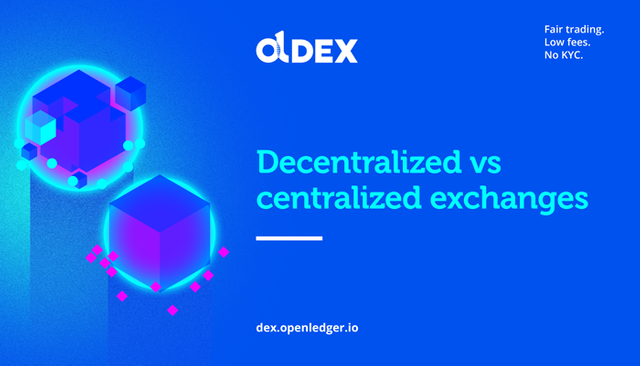Decentralized vs centralized exchanges
According to Coinmarketcap, there are over 2,060 different digital currencies that can be traded on over 200 different exchanges. There are two main types of cryptocurrency exchanges: centralized and decentralized. Let’s talk about each of them.
Centralized crypto exchanges
Governed by an intermediate between the buyers and sellers of cryptocurrencies, centralized exchanges don’t give their users access to the private keys of their crypto wallets. In fact, transactions must be approved by a central authority, making the functionality of a centralized platform mimic that of stock markets.
Decentralized crypto exchanges
On the other hand, decentralized exchanges follow the underlying principle of blockchain by operating independently on a decentralized ledger. There, smart contracts are used to facilitate the selling and trading of crypto instead of third-party regulators.
Which one is more secure?
Based on the process of operation, decentralized exchanges are considered to be more secure for trading, while centralized exchanges often fail to provide a safe environment for their users. For instance, in 2014 the Mt. Gox, a Tokyo-based cryptocurrency exchange, had 650,000 bitcoins stolen because of the poor security.
